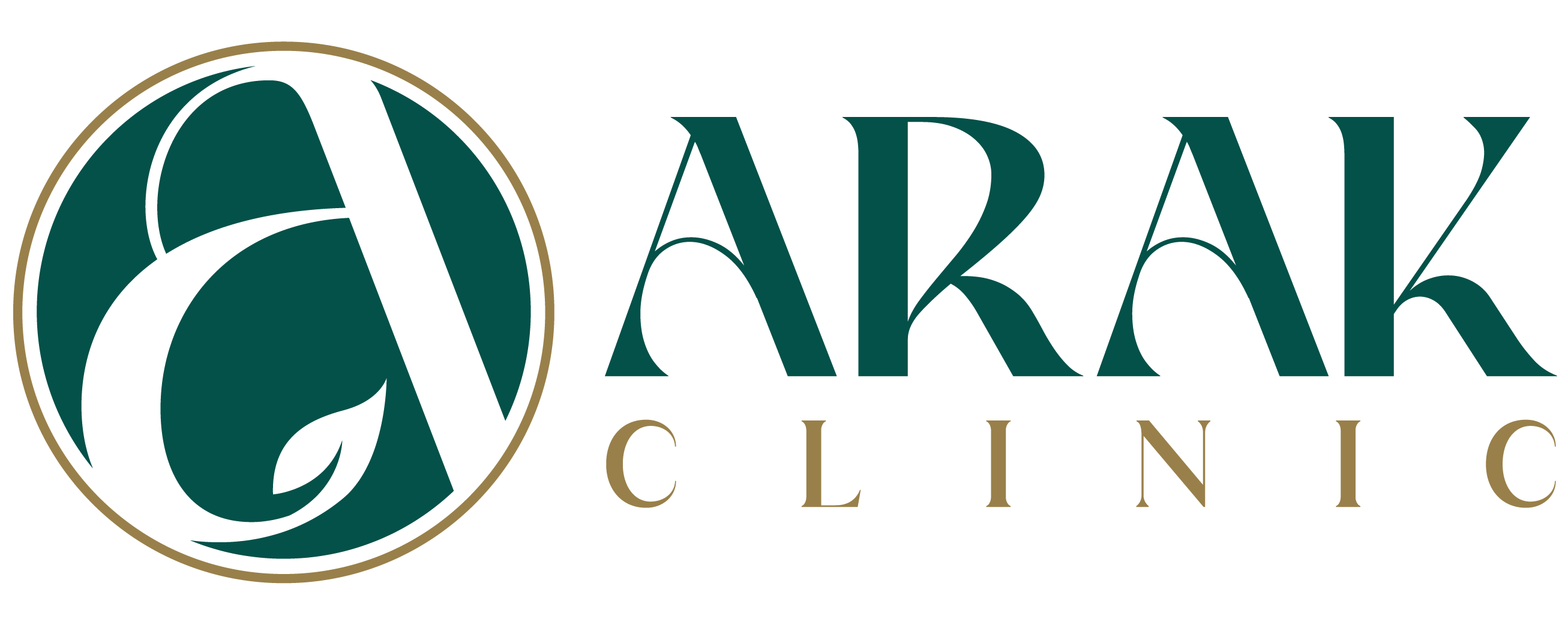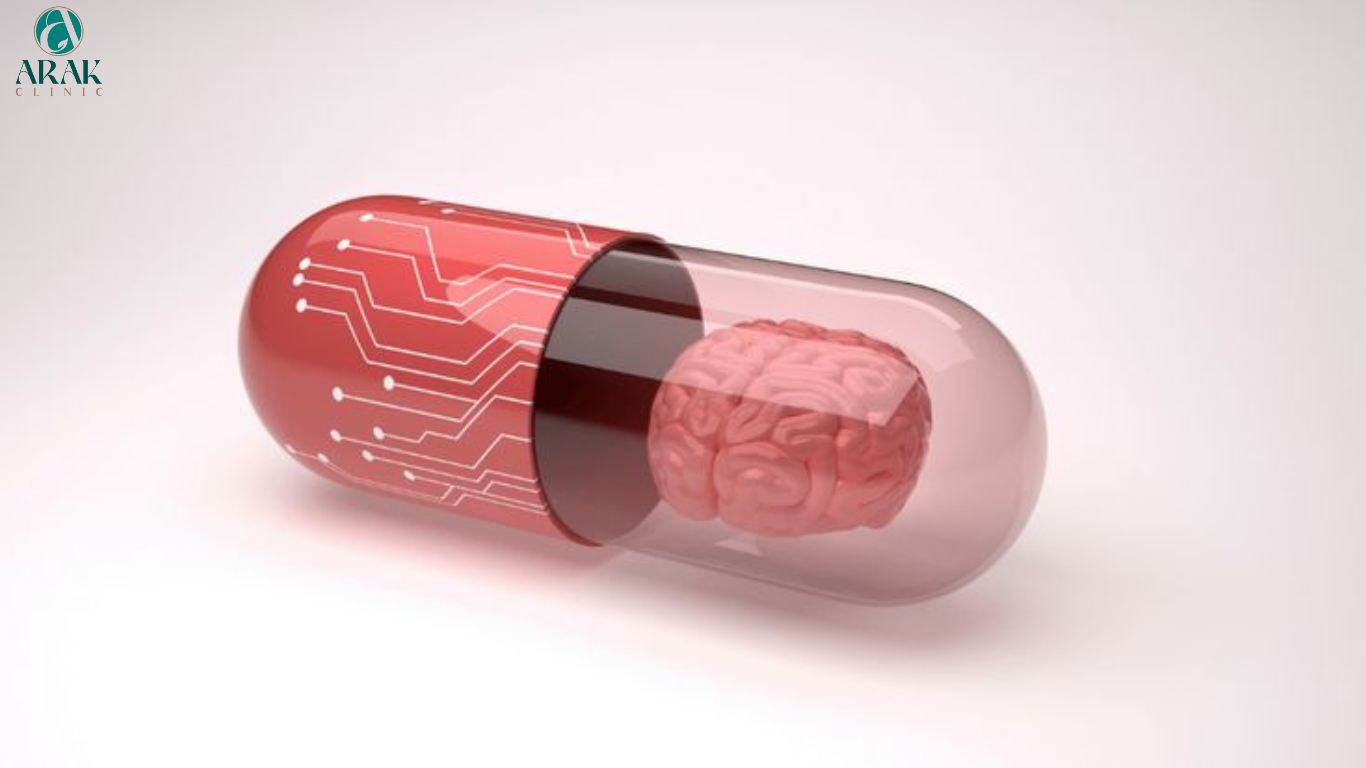The link between oral health and mental well-being is a fascinating intersection that has garnered increasing attention in both the dental and psychological fields. While the mouth and mind may seem distinct, research suggests that they are intricately connected, with one significantly influencing the other. Let’s delve into this intriguing relationship and examine
how maintaining good oral health can positively impact mental wellness.
Understanding the Oral-Systemic Connection:
Psychological Impact of Oral Health: Poor oral health, including conditions like gum disease, tooth decay, and tooth loss, can have profound psychological effects on individuals. Dental
problems often lead to embarrassment, social anxiety, and low self-esteem, affecting mental health and overall quality of life. Biological Pathways: Biological mechanisms underlie the connection between oral health and mental well-being. Chronic inflammation and infection in the oral cavity can trigger systemic inflammation and contribute to the development of various health conditions, including cardiovascular disease, diabetes, and mental health disorders.
Shared Risk Factors: Oral health and mental health share common risk factors, such as stress, poor nutrition, smoking, and inadequate oral hygiene. These factors can exacerbate both dental problems and mental health issues, creating a cycle of poor health outcomes.
Impact of Psychological Factors: Conversely, psychological factors, such as stress, depression, and anxiety, can influence oral health behaviors and contribute to the onset and progression of oral diseases. Individuals experiencing mental health challenges may neglect their oral hygiene or engage in harmful habits like teeth grinding, further compromising their dental health.
Bi-directional Relationship: The relationship between oral health and mental well-being is bi-directional, meaning that poor oral health can contribute to mental health problems, and vice versa. Addressing both oral health and psychological well-being is essential for promoting holistic health and wellness.
Promoting Mental Wellness Through Oral Health:
Comprehensive Dental Care: Regular dental check-ups, cleanings, and preventive interventions are essential for maintaining optimal oral health and preventing dental problems that can impact mental well-being.
Patient Education: Educating patients about the importance of oral hygiene practices, healthy lifestyle habits, and the oral-systemic connection empowers them to take control of their dental health and overall well-being.
Integrated Care Approach: Collaboration between dental professionals and mental health providers facilitates comprehensive care for patients with complex oral and psychological needs. Integrated treatment plans address both physical and emotional aspects of health, promoting holistic healing and improved outcomes.
Stress Management Techniques: Incorporating stress management techniques, such as relaxation exercises, mindfulness meditation, and counseling, can help individuals
cope with dental anxiety and mitigate the psychological impact of oral health issues.
Supportive Environment: Creating a supportive and compassionate dental environment fosters trust, reduces anxiety, and encourages open communication between patients and providers, enhancing the overall patient experience and promoting mental wellness.
At Arak Clinic, we recognize the intrinsic connection between oral health and mental well-being and are committed to providing comprehensive dental care that promotes holistic health and wellness. Our compassionate team of dental professionals is dedicated to empowering patients to achieve optimal oral health and enjoy a better quality of life.





